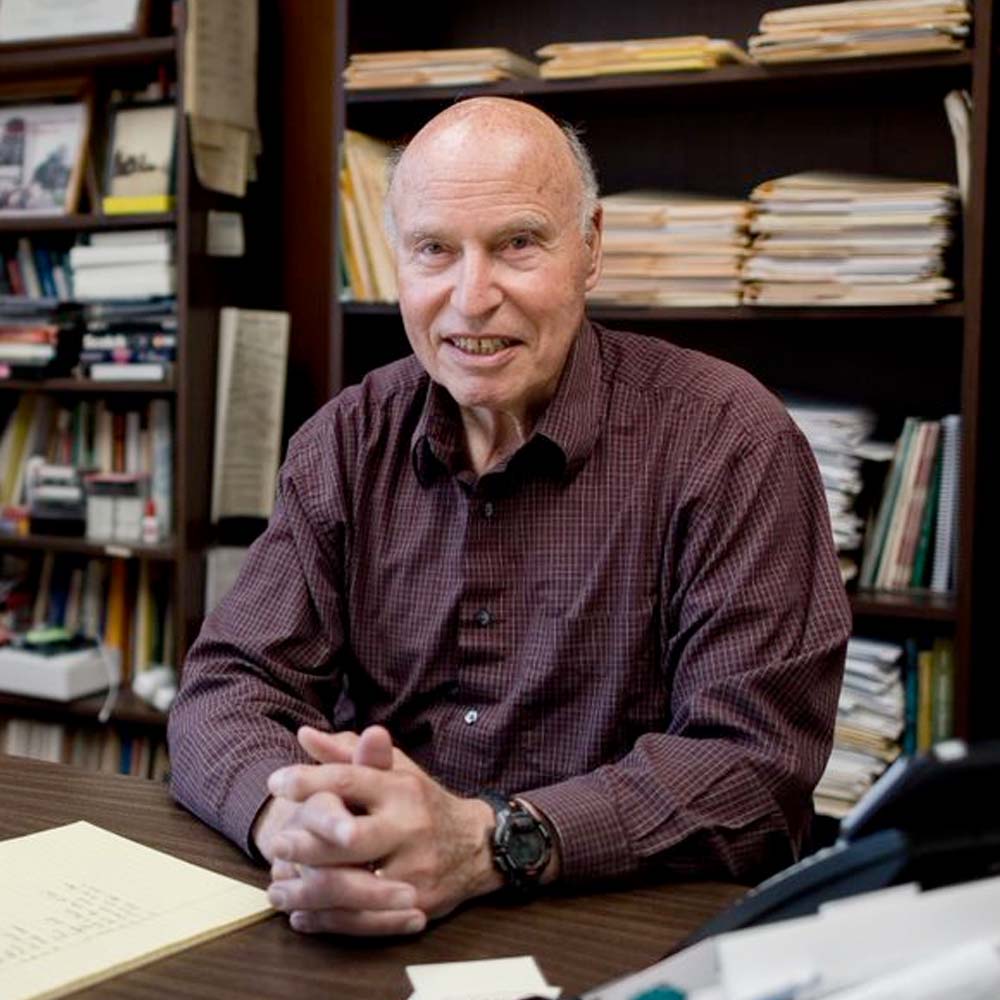Paul Slovic, Ph.D.
Founder of Decision Research, Former Head of Society of Risk Analysis, and Psychology Professor
"At an early age, we need to impress on youth the importance of trying to think carefully about problems, not to just go with their first, fast reaction to something. If we did, we would have a society that is more harmonious, where there's more equality."
Affiliations:
- Decision Research: Co-Founder and President
- University of Oregon: Professor of Psychology
- Arithmetic of Compassion: Contributing Editor
- The Society for Risk Analysis: Past President
- American Academy of Arts and Sciences: Member
- National Academy of Sciences: Member
Awards:
- Distinguished Contribution Award, Society for Risk Analysis
- Distinguished Scientific Contribution Award, American Psychological Association
- Outstanding Contribution to Science Award, Oregon Academy of Science
- The Franklin Institute Bower Award and Prize for Achievement in Science
Publications:
- The Feeling of Risk: New Perspectives on Risk Perception
- Widely interviewed and published in outlets including The Washington Post, The Philadelphia Inquirer, National Public Radio, BBC, USA Today, and The Atlantic
Education:
- University of Michigan, Ph.D. and Master’s Degree
- Stanford University, Bachelor’s Degree
- Stockholm School of Economics, Honorary Doctorate
- University of East Anglia, Honorary Doctorate
Longtime psychology professor Paul Slovic is a well-established expert in human judgment, decision-making, and risk perception, who has made an indelible mark on the field.
In 1976, Paul founded Decision Research, an institute that studies decision-making in times of risk, with Sarah Lichtenstein and Baruch Fischhoff. He currently serves as president. He has been a Professor of Psychology at the University of Oregon since 1986. He and his colleagues worldwide have developed methods to describe risk perceptions and measure their impacts on individuals, industry, and society. His most recent work examines “psychic numbing” and the failure to respond to mass human tragedies. He publishes extensively, serves as a consultant to industry and government, and as a contributing editor to the Arithmetic of Compassion.
